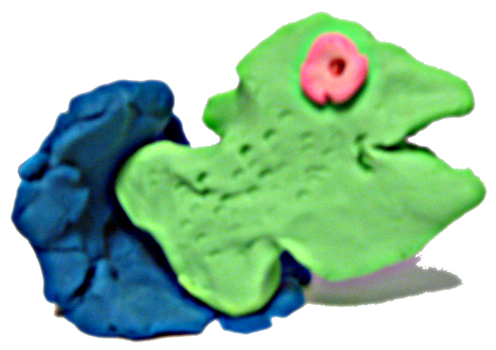

Error (Pet Peeve) #4: Poor Grammar Usage (continued)
Prior Knowledge Activity
Directions:
Before we begin discussing grammar rules, let's see what you remember. Answer True or False.
Verb Usage ErrorsThe Publication Manual has specific directions about using verbs (see section 3.06, pp. 65-66 and section 3.18, pp. 77-78). Although there are multiple rules, students most often violate two of these rules by using passive voice and overusing the word would. The rules are:
Use Active Voice
The APA manual defines verbs as "vigorous, direct communicators" and states that active rather than passive verbs should be used in writing. In a sentence written in active voice, the subject or noun does the action.
Example of a passive verb: The direct observation was conducted in the classroom setting. Example of an active verb: The experimenter conducted a direct observation in the classroom setting. Check Your Understanding Activity
Resources: Check out Purdue's Online Writing Lab's (OWL) Active verb link. This link provides a list of all of the verb tenses in active and passive voice. Also download the OWL guide to active and passive verbs to assist you further in your writing of sentences in active voice.
Use the word would sparingly
The word would is used correctly to express a condition or action that is completed habitually or that is conditional. The word would is used incorrectly when it is used to hedge.
Example of using the word "would" for a condition or action that is completed habitually: Jane would throw a tantrum when she was asked to comply with a command immediately. Jane would not throw a tantrum if she was given a five-minute warning before she was asked to comply with the command.
Example of using the word "would" for a condition or action that is conditional: Jane's parents would give her a five-minute warning if time allowed.
Example of using the word "would" to hedge: It would appear that Jane needs a five-minute warning.
Tip: When discussing an action or condition that occurred in the past, students sometimes forget the rules about when to use past tense and when to use present perfect tense.
|
|||||





